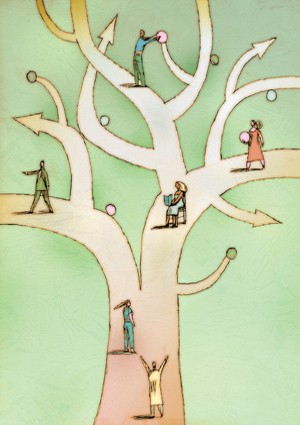Faith seeking wisdom

It is by living and dying that one becomes a theologian, Martin Luther said. With that comment in mind, we have resumed a Century series published at intervals since 1939 and asked theologians to reflect on their own struggles, disappointments, questions and hopes as people of faith and to consider how their work and life have been intertwined. This article is the tenth in the series.
My wife, three university-aged children and I spent last Christmas at a Christian center for genocide survivors in Kigali, Rwanda. We spoke at length with survivors of the 1994 mass slaughter in which about a million Tutsi were killed in 100 days. We heard stories of whole families slaughtered by neighbors and fellow Christians, of women raped and mutilated and now HIV positive, of horrendous torture and humiliation. We worshiped with these survivors (an extraordinary mixture of tears, as testimonies to the genocide were given, and joy, as Christmas was celebrated with music and a survivors' dance group). We learned how the center helps with counseling, treatment for HIV/AIDS, education, housing, economic assistance and above all with providing a kind of family for those with no family. We visited memorials and sites and talked to Rwandans and among ourselves.
As I have tried to absorb the experience, the genocide has seemed both more understandable than before and also much more mysterious and disturbing—and certainly not yet over, as its effects, its implications and the attempts to come to terms with it continue. By comparison, the question of how I have changed my mind seems rather unimportant.




